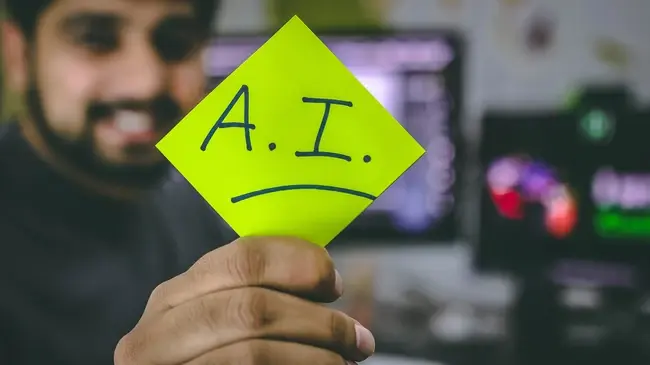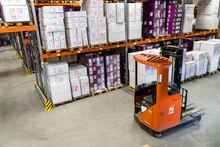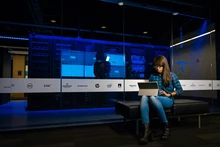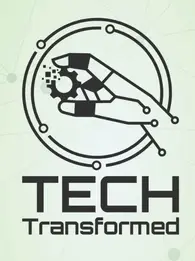
Artificial intelligence (AI) is no longer relegated to large tech companies. It’s now helping everyday workers in almost every industry. AI can revolutionize how people do business by enhancing productivity, automating repetitive tasks, strengthening cybersecurity and streamlining the customer experience.
AI has permeated the work environment, with 56% of companies in a 2021 McKinsey survey saying they used it for at least one function. Here are a few ways AI is revolutionizing work.
Automating Repetitive Tasks
Every job has some repetitive tasks, such as filling out forms, signing documents or scanning items. Repeatedly performing the same action can be boring or even lead to overuse injuries. Thankfully, AI excels at doing the same thing and doesn’t get tired or frustrated.
For example, AI software can help categorize products, generate suggestions for writing content topics and automatically add meetings to the calendar. It saves an enormous amount of time and boosts employee morale.
Improving Decision-Making
AI can provide valuable insights and recommendations based on data analysis. It can process large volumes of information in real time, finding patterns and trends that humans would struggle to detect. This enables organizations to make informed, data-driven choices leading to better outcomes.
For example, companies can use AI software to forecast customer demand, identify market trends and improve pricing strategies. They can also identify potential risks and take proactive measures to prevent them. The software helps businesses decide on marketing, pricing and product development, leading to increased revenue.
Strengthening Cybersecurity
More than 60% of global industry data was stored in the cloud as of 2022. That means cybersecurity is more important than ever. AI can identify high-risk customer alerts, sorting them by relevance and urgency. It can also perform ongoing threat assessments by detecting unusual activity that could indicate a cybersecurity issue.
For example, suppose a client makes a very large purchase or performs a transaction at night. In that case, AI software will compare it to historical consumer behavior patterns and flag the event as a possible cybersecurity breach. It can also screen customer profiles to determine who is at the highest risk of data loss. AI has become a crucial part of fraud detection and prevention.
Catching and Correcting Errors
Depending on the industry, mistakes can range from annoying to life-threatening. For example, an AI program called Grammarly can detect spelling errors or incorrect grammar use, then allow writers to fix their mistakes with the click of a button.
In the health care industry, nurses use precision-dosing AI to carefully measure specific amounts of a drug before dispensing it to patients. Certain software will notice if a nurse uses more than the recommended dose. AI can also review medical imaging and predict what’s wrong with the patient, allowing doctors to double-check their diagnosis.
Boosting Efficiency
One of AI’s best uses is to improve efficiency. For example, lawyers using Compose — an AI tool that drafts legal documents — spent 76% less time researching and writing than before.
That frees up time for providing more personalized customer service and focusing on challenging tasks. Increasing efficiency allows people to do more in a single day’s work, saving money in the long run.
Onboarding New Employees
Recruiting, hiring and training new workers poses a lot of work for HR departments. Luckily, AI software can automate communication with applicants and gather information from their references. Automated tests can scan resumes, screen out candidates who don’t meet company standards, and send targeted job listings to people based on their interests, location or online behavior.
Improving Customer Service
Chatbots create a more streamlined customer experience by quickly answering people’s most common questions. This AI service can be invaluable for businesses with a large client base. Chatbots can also sort people into different categories based on their needs, then pass them along to speak to the right department.
AI software can analyze customers’ demographic data and purchasing habits to recommend products or services. This information helps businesses tailor each client’s experience. Additionally, AI software can automatically send messages informing people of order updates and shipments.
Changing the Landscape of Work
Artificial intelligence is making rapid strides in improving the workplace, from health care to construction. It can alleviate stress, free up time and boost productivity. It can also catch errors that would otherwise cost people time, money or even their lives.
Though it can never replace human workers, artificial intelligence has found a role in almost every industry. It’s on track to become even more important — and pervasive — in the future.












